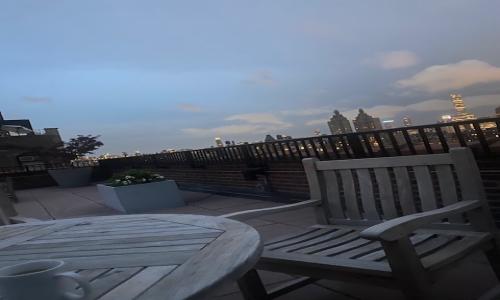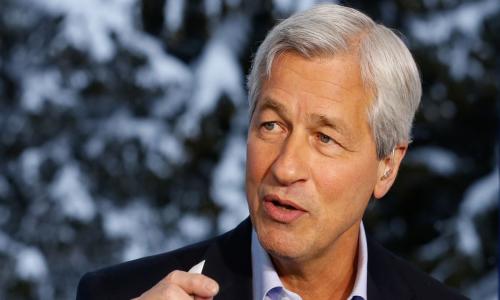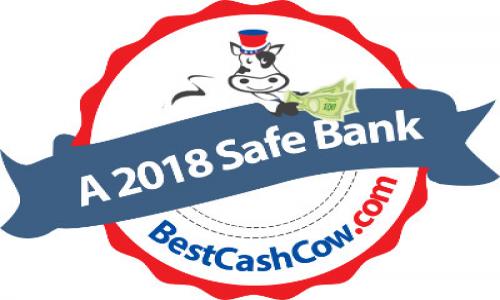Savings and CD rate averages declined again in the previous week with the one year CD average falling from .418% to .417% APY. Five year average CDs fared even worse falling from 1.196% APY to 1.194% APY. The average of the top online savings rates fell slighly from .732% to .731% APY. As the chart shows, the rate declines have been relentless. Only online savings rates have shown any resistance to Fed gravity.

Economy Picking Up Steam
Many economists believe the economy grew robustly in the third quarter and will continue to grow for the rest of 2012 and into 2013. The factors positively influencing growth: a housing rebound, a strengthening jobs market, and increased consumer confidence. As I wrote last week, the fiscal cliff presents a large speed-bump to the economy. My feeling is that the government will reach a temporary agreement to avert the cliff and continue to debate (argue) about a permanent solution. This will minimize the impact of the cliff on the economy and on savers at least for the next six months.. This will minimize the impact of the cliff on the economy and on savers at least for the next six months.
On November 13, Janet Yellen, the Vice Chair of the Board of Governors of the Fed, and a favorite to succeed Fed Chair Ben Bernanke said that short term interest rates may need to stay near zero until 2016. Yellen supports slightly higher inflation in exchange for reduced unemployment. I think three years is too long a timeframe to make an accurate prediction. In 2005, the Fed didn't predict an upcoming meltdown in the economic financial system. Even in 2007, most economists inside and outside the Fed couldn't foresee what was about to happen. So what the Fed says it not necessarily gospel and they can be wrong, especially about longer-term predictions.
Growing economy, fiscal cliff speed bump, persistently high unemployment - taken together they still indicate to me, in the absence of any other mitigating circumstances, that rates will remain low for the next 1-2 years.
My outlook: Savings rates will continue to drift lower for the next 12-18 months before beginning to move higher. How high and how fast they move depend on the government's ability to put a long-term budget deal in place and the ability of Europe to put its woes behind it and resolve its fiscal problems.
So, what's a saver to do in this environment?
Savings Options
Should a saver open a savings account or a CD? A shorter-term CD or a longer one? The chart below shows the comparison between the yield of a 5-year CD and a 1-year CD. Notice that this difference has shrunk considerably over the past year as the yield on 5-year CDs has dropped by more than the yield on a 12-month CD. This drop continued last week.

Not much has changed with the various product spreads. While the spread started the year at 1% or 100 basis points, it is now .775%. As a comparison, in 2008, this spread stood at .43% while in 2010 it went as high as 1.56%. So right now, it's somewhere in the middle. Why does this matter? Because back in 2010 banks were paying a saver a lot more to invest in a 5 year CD versus a 1 year. Today, banks are giving about half the premium they did a few years ago to lock up your money for 5 years. In 2012, I advised savers to consider investing in 5-year CDs because of this premium: the economy looked stuck for quite some time, and inflation did not appear to be a problem. Now, with the premium down, and the economy growing (albeit not that fast) it's a bit of a harder case to make. If the government takes the economy over the fiscal cliff, then it makes sense to put money in longer-term CDs as the potential for another recession becomes much higher. If a compromise can be reached, I'd invest in shorter-term CDs. Consumers might want to consider laddering their CD portfolio in this rate environment.
What about the comparison between savings and CDs?

This spread has actually been growing. Online savings rates have, for the most part, maintained their rates while CD rates continue to fall. For short term savings, it appears to make more sense to park money in an online savings account versus a CD. Online savings accounts have remained very stable over the past year.
Make the best of a tough savings situation
For now though, savers can make the best of a tough situation by getting the very best rates on their money. Remember, even in today's environment, there is competition for your cash.
I hope this is helpful. If it is, let me know and I'll keep writing. Drop me a note or post a comment below.
Happy Thanksgiving wherever you will be! Until next week...






Comments
Abe
November 20, 2012
I mostly agree about your assessment of the fiscal cliff but whatever happens higher taxes and lower government spending is on the way. This will cut into growth. Low interest rates through 2016 or further out. Look at Japan, 0% interest for decades. Savers better button down the hatches.
Is this review helpful? Yes:1 / No: 0
Darian
November 24, 2012
Thanks for the information.
Is this review helpful? Yes:0 / No: 0
Add your Comment
or use your BestCashCow account